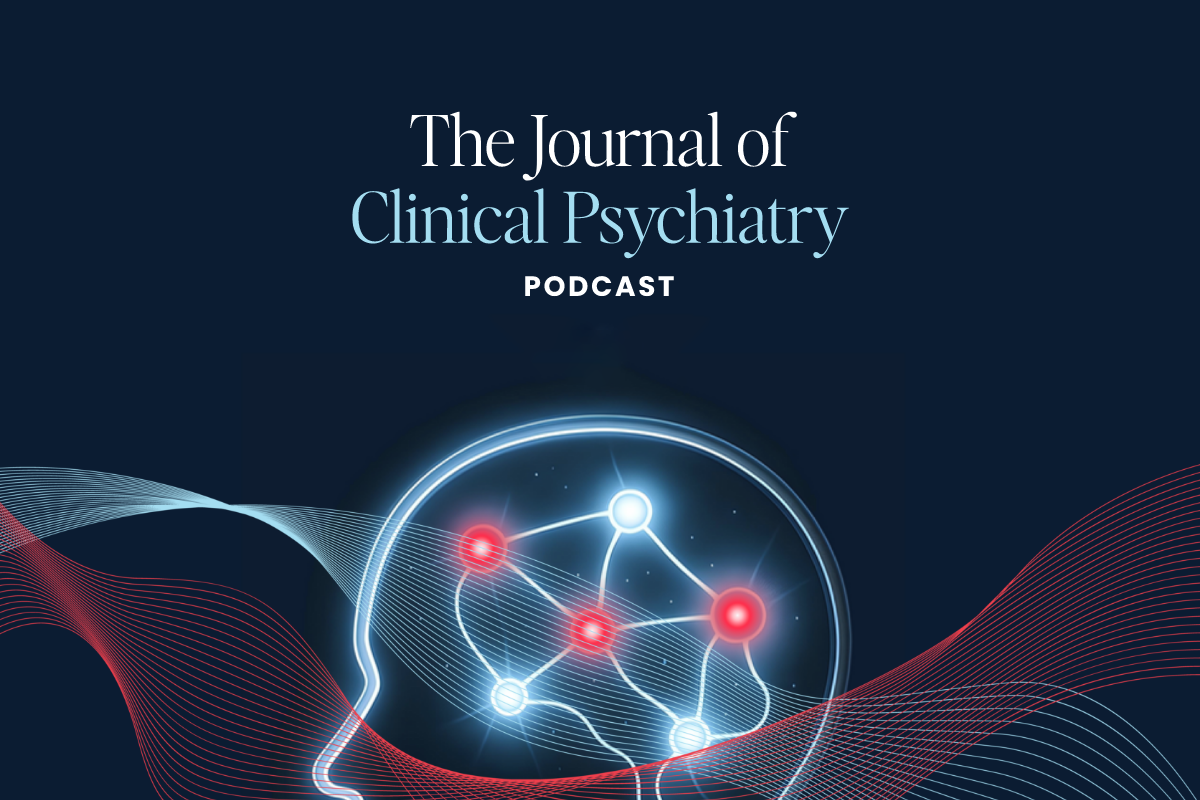At a time when cynicism seems to have all but replaced faith, an exhaustive new meta-analysis appears to show a more hopeful way forward. Trust, an international team of researchers found, isn’t just better for society as a whole. It’s fundamental to our personal well-being.
The study, appearing in Psychological Bulletin, analyzed data from more than 2.5 million people pulled from nearly 1,000 studies to explore possible links between trust and happiness.
Researchers from Utrecht University and The Education University of Hong Kong found a consistent and moderately strong link between high trust levels and happier, more satisfied lives. In turn, those living with a higher sense of well-being tended to become more trusting over time.
Trust, the researchers discovered, appears to operate simultaneously as a psychological foundation and a social lubricant. When it’s present, well-being usually is, too. And, they found, when we feel good about our lives, we also tend to be more trusting.
A Two-Way Street
The researchers found that trust and well-being reinforce each other in a dynamic, feedback loop. In longitudinal studies that the research team looked at, the authors noted that trust reliably predicted future well-being – and vice versa. This cycle implies that improvements in one area could benefit the other, offering crucial insight for mental health professionals, educators, and policymakers.
Notably, the researchers looked at three kinds of trust:
- Interpersonal.
- Generalized.
- Institutional.
Interpersonal trust appeared to be the strongest harbinger of well-being, highlighting the importance of close, personal relationships in shaping one’s emotional health.
On the other side of the equation, the team looked at three dimensions of subjective well-being:
- Life satisfaction.
- Positive emotions.
- And negative emotions.
The researchers found the strongest link between trust and life satisfaction, a stable, reflective evaluation of one’s life.
The Role of Age and Culture
Trust appeared to be particularly critical at certain points in our lives. For children and adolescents, trust plays a crucial role in learning how to build and nurture social connections. For older adults, trust offers a sense of security and support as physical and cognitive challenges grow.
Middle-aged adults, interestingly enough, showed a less robust dependence on trust. The researchers figured, at that time in their lives, other pressures exert much more influence.
It’s also worth noting that gender didn’t seem to shake up this relationship. This despite earlier research that seemed to suggest otherwise.
National context also mattered. In countries with high levels of generalized trust – such as Finland or the Netherlands – the benefits to well-being surged. In low-trust countries, the benefits remained, but at lower levels. This suggests that a trustworthy social environment not only supports collective well-being, but also strengthens individual psychological resilience.
The connection appeared to be even more pronounced in vulnerable populations. Refugees, people with chronic illness or disabilities, and disaster survivors all showed a stronger link between trust and emotional health. In these groups, it often served as a buffer against hardship, offering a psychological anchor during periods of uncertainty.
Building a More Trusting Society
The researchers stress that faith in others (and institutions) isn’t necessarily natural. It must be nurtured. On a personal level, that means fostering relationships built on honesty and reliability. At the institutional level (whether its corporations or governments), that means maintaining transparency and ensuring fairness.
“The association between trust and well-being may also be important in the context of social media,” the researchers wrote. “While providing many opportunities for social connection, social media also have important risks, including cyberbullying, aggression, and disinformation. The abundant and sometimes false information that is shared may spillover to real life, by making people, especially adolescents, feel anxious and undermine trust, both in other people and in institutions. In response to such threats, the European Union and its member states have reinforced their efforts at increasing awareness and media literacy and developed regulation methods that help to build trust and cooperation.”
As policymakers continue to look for ways to boost societal well-being, this new research offers a compelling place to start. Build trust, and happiness will come.
Further Reading
We Trust Those from Lower-Class Childhoods More



